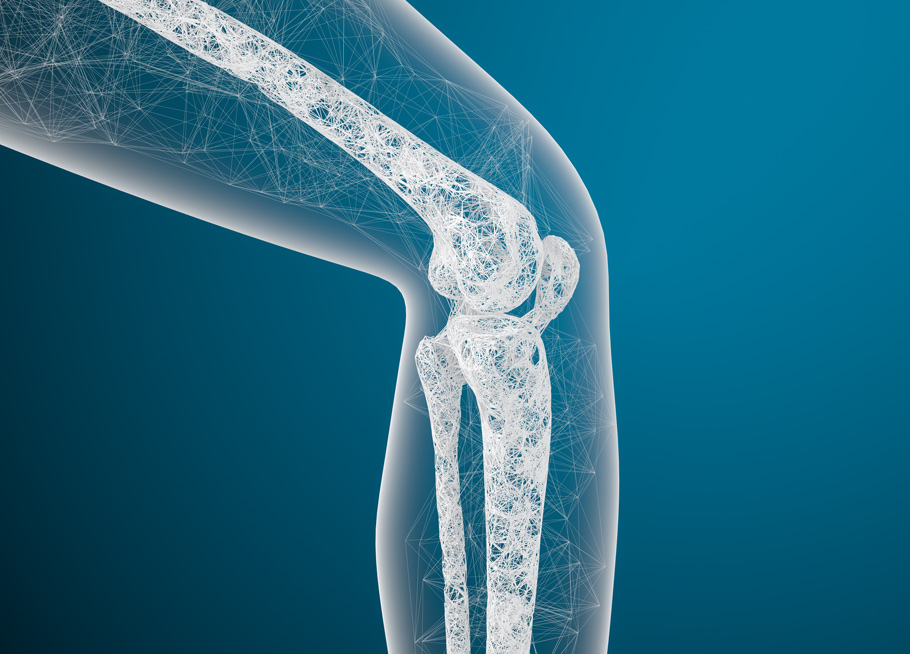
Psoriatic arthritis (PsA) is a form of arthritis that affects some individuals with psoriasis, a condition characterized by red patches of skin topped with silvery scales. The question of whether PsA is hereditary is a complex one, influenced by a combination of genetic and environmental factors.
Initial Insights into Psoriatic Arthritis and Genetics
Psoriatic arthritis is not hereditary in the straightforward manner that some traits are. Instead, a predisposition to the condition can be inherited. This means that while having a family member with PsA can increase your risk, it does not guarantee that you will develop the condition.
Genetic Factors in Psoriatic Arthritis
Genetic research has identified several genes associated with an increased risk of PsA. The most notable is HLA-B27, a gene that encodes a protein involved in the immune system.
- HLA-B27
- IL23R
- TRAF3IP2
The Role of Family History
A family history of psoriasis or PsA can increase your risk. Studies show that individuals with a first-degree relative who has PsA are at a higher risk of developing the disease.
“The genetics of psoriatic arthritis are complex and multifactorial. While there is a hereditary component, it’s not the sole factor at play.” – Psoriatic Arthritis Research Expert
Environmental Triggers
Environmental factors play a significant role in triggering PsA in individuals who are genetically predisposed. These can include:
- Physical trauma or injury
- Stress
- Certain infections
Understanding the Risk
To understand the risk of inheriting PsA, it’s important to consider both the genetic predisposition and the potential environmental triggers.
Genetic Testing and Counseling
For those concerned about the hereditary aspects of PsA, genetic testing and counseling may provide some insights, although they cannot predict with certainty who will develop the condition.
Conclusion
While there is a hereditary component to PsA, it is not the only factor. Lifestyle and environmental triggers, along with genetic predisposition, all contribute to the development of PsA.
Further Research and Understanding
Continued research into the genetics of PsA is crucial for developing better treatments and understanding the hereditary risks associated with the condition.
| Factor | Description | Impact |
| Genetic Predisposition | Presence of specific genes that can increase the risk of PsA. | Increases susceptibility but does not guarantee development of PsA. |
| Environmental Triggers | External factors such as stress, injury, or infection that can initiate the onset of PsA. | Can activate the disease in genetically predisposed individuals. |
| Family History | Having relatives with psoriasis or PsA. | Significantly increases risk but is not an absolute predictor. |
Key Takeaways
- Psoriatic arthritis has a genetic component but is not solely inherited.
- Environmental factors are also critical in the development of PsA.
- Understanding both genetic and environmental risks can help in managing expectations and planning for the future.
Article by Dr. Naveen Bhadauria



